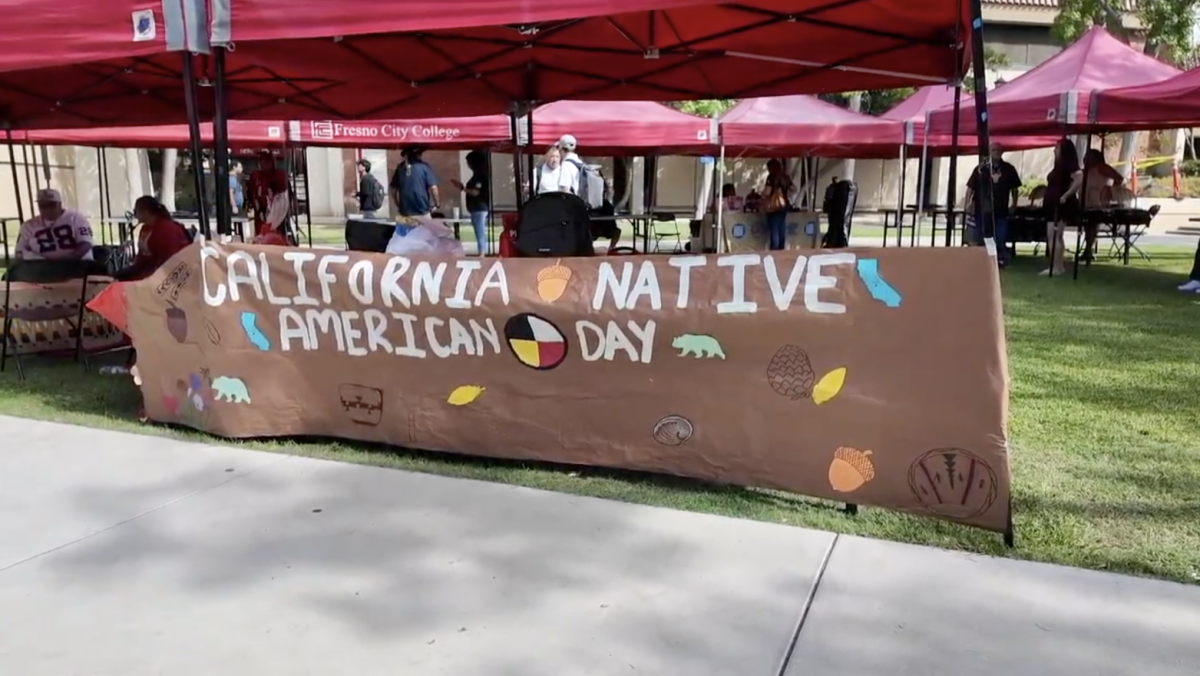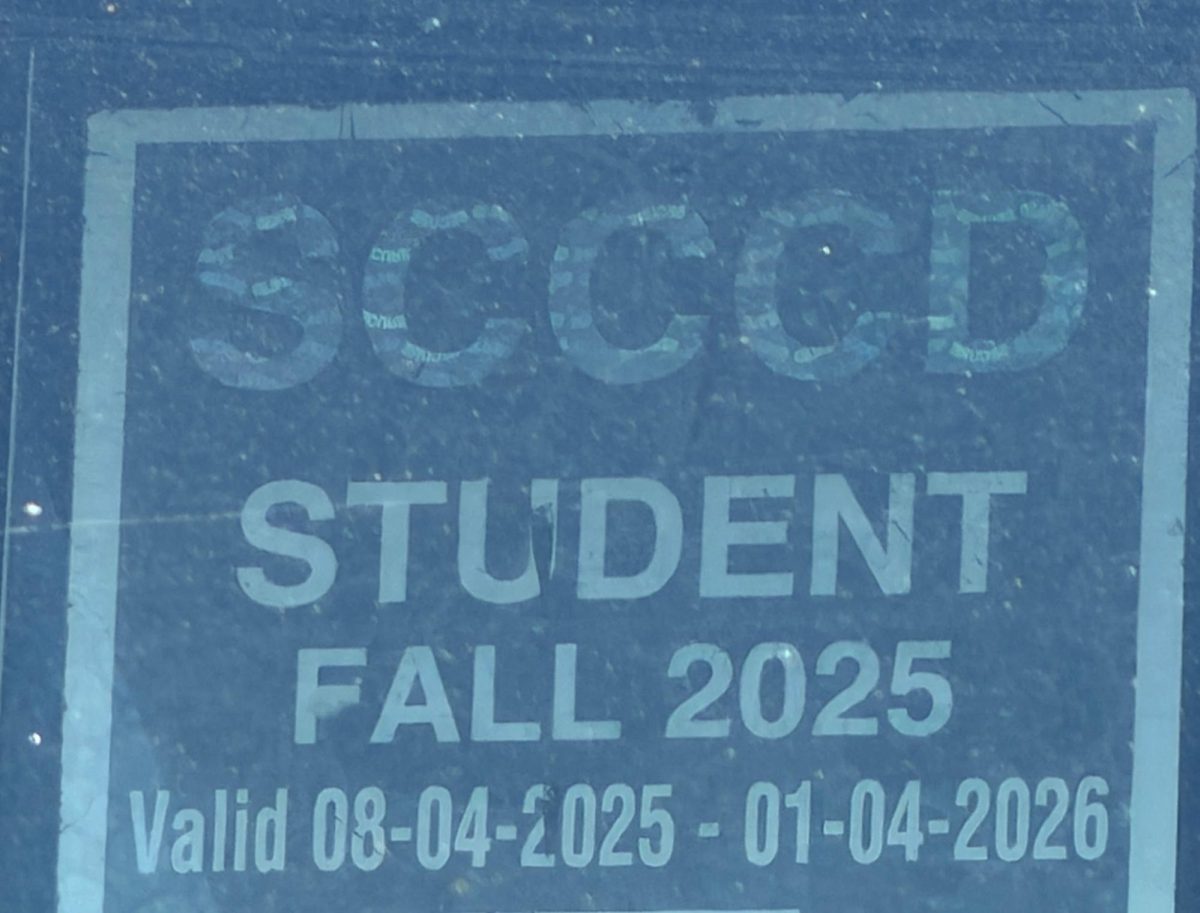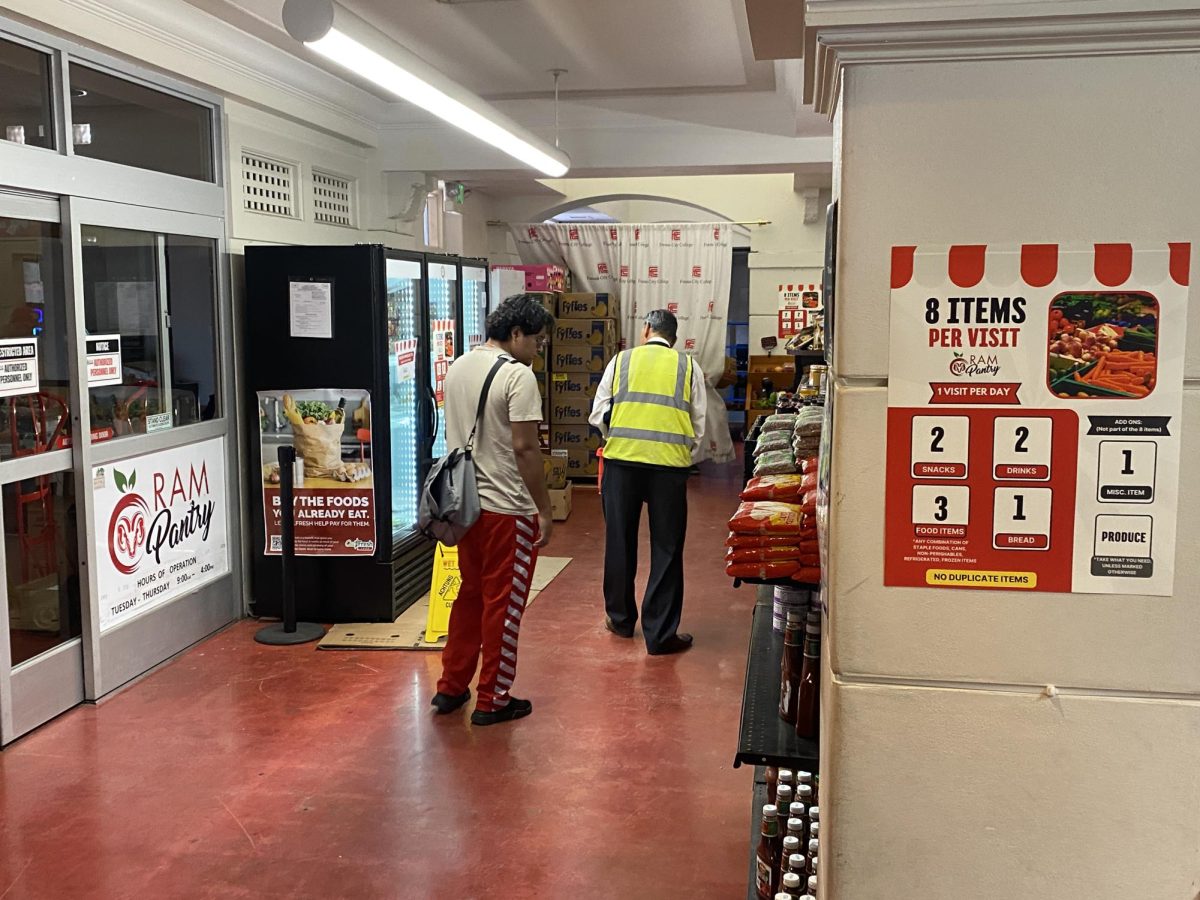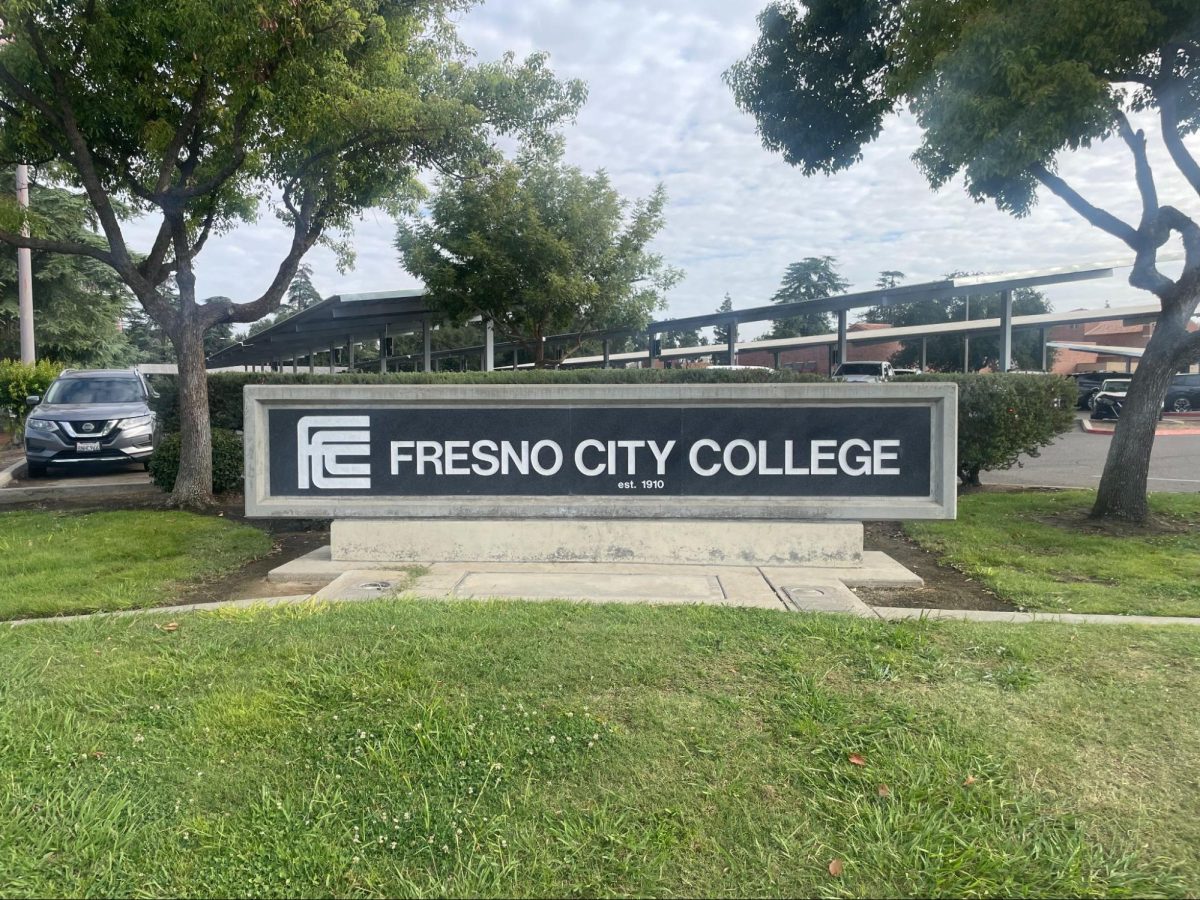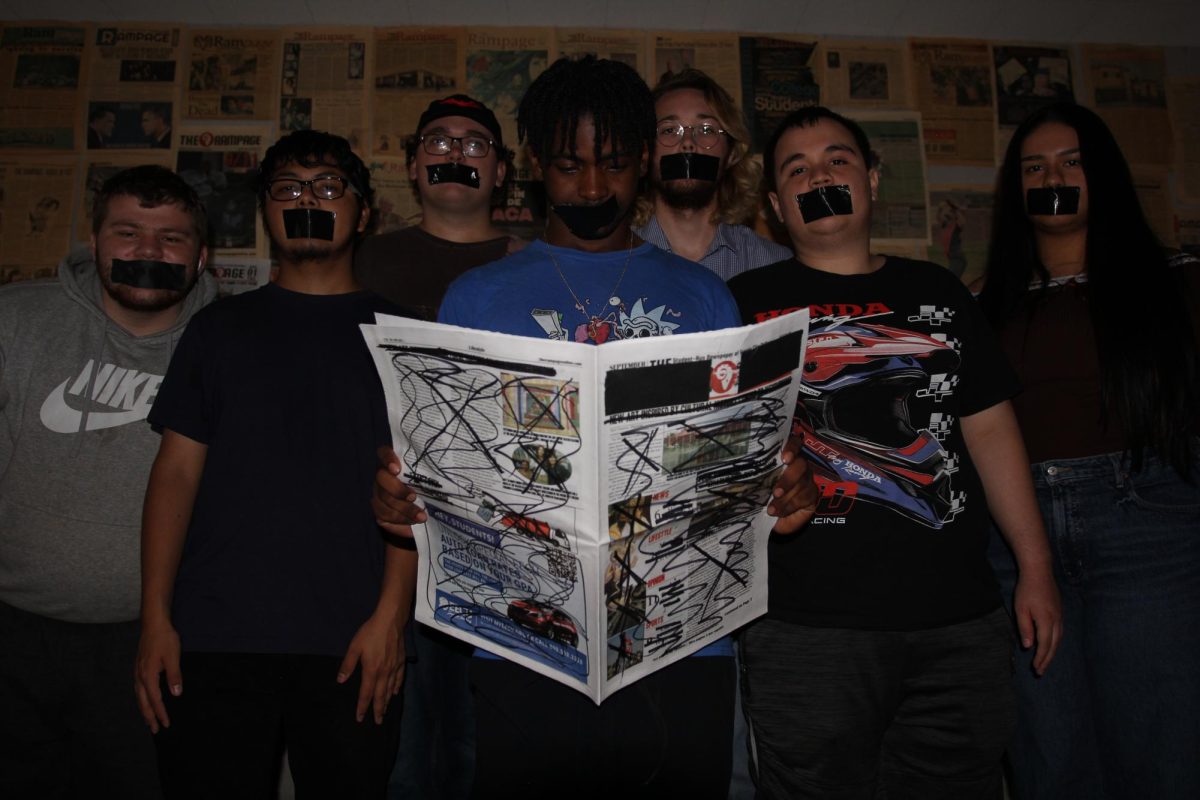In a certain respect, driving is a privilege because automobiles privilege one segment of the population over another. However, transportation itself should be considered as a right. The pursuit of wellness and prosperity demand that citizens travel throughout the city. Prohibiting access to our collective needs encourages long-term economic disparity and is discriminatory.
FCC students represent a significant portion of Fresno’s underserved community. College students rely on the Fresno Area Express bus transit system, also known as FAX, to satisfy their working, shopping and educational requirements.
Higher education oftentimes leads to better employment. Higher earnings and looser spending habits are good for both the public sector and the private sector. While generating local, state and national revenue, individuals thrive and build upon their successes. Superior public transportation offers those less fortunate with an equal opportunity.
Citizens are expected to work hard and to achieve a certain level of social competence and self-reliance. Inadequate public transportation undermines these expectations and underserves the economy.
The layout of most American cities requires that individuals travel significant distances to earn an income. Employers hire from miles around with the expectation that their employees secure the necessary travel arrangements.
According to ABC News, those with access to an automobile commute on average 32 miles per day round-trip and lose 52 minutes in the process.
Access to an automobile not only offers faster travel and more access to employment. This privilege also offers a greater number of overtime opportunities during the day or night.
Working students are generally limited to working weekends and night shifts. FAX fails to provide for the complete spectrum of potential travelers. FAX’s limited coverage fails to provide for evening and weekend workforces.
For instance, tax time creates many seasonal employment opportunities at the Internal Revenue Service. Workers often work overtime during the day or night. This is a lucrative employment opportunity for many students and Fresnans. Those privileged with access to an automobile are paid time and a half by the IRS while working students in need are left high and dry.
If on a Saturday or Sunday a student drives from Olive and Marks to the main IRS building, the round-trip travel time is approximately 36 minutes. If the student were to take the same trip by bus, that student would spend over two hours traveling. Beyond this point, the student would need to leave the IRS by 5:40 p.m. in order to catch the last bus home.
Suppressing a student’s opportunity to succeed is economically counter-productive.
Fresno is far behind cities like San Francisco when providing a sufficient number of bus routes. Around 90 percent of the San Franciscan population lives within two blocks of a bus stop. Fresno’s limited routes and brief window of operation, particularly on weekends, undermines a great many livelihoods.
Although Fresno’s leadership continues to offer inadequate public transportation services, the future is hardly bleak. While the city and state continue to increase the financial burdens of the poor by raising ticket prices and by cutting back service, the Federal Transit Administration, through funding made possible by the Recovery Act, awarded FAX officials $38 million along with a blueprint for creating an all new, complimentary route to the current FAX system.
When operational, the Bus Rapid Transit system will travel from Clovis and Kings Canyon eastward to Blackstone and then northbound to River Park.
In promotional information available on the FAX website, officials state that this initial BRT route will contain, “a total of 26 stops. FAX BRT will serve major shopping centers, hospitals, downtown and other significant destinations.” The bus will also serve Fresno City College students.
To cut down on travel time, the FAX BRT features custom lanes along the route to allow elongated buses to pull ahead of traffic at busy intersections.
While the BRT busing project will provide faster service for many FAX riders, the limited time frame of the FAX service continues to disallow many from working night shifts. By increasing unemployment and by decreasing the odds of a student’s success, the FAX system contributes to our collective disparity.
If FAX provided transportation services to a greater number of tax paying citizens by providing longer hours of operation, more routes and more frequent bus arrivals, the public’s incentive to consider public transportation would increase dramatically while the livelihoods of many unfortunate students and Fresnans would improve dramatically.

